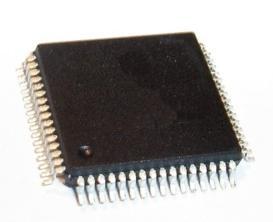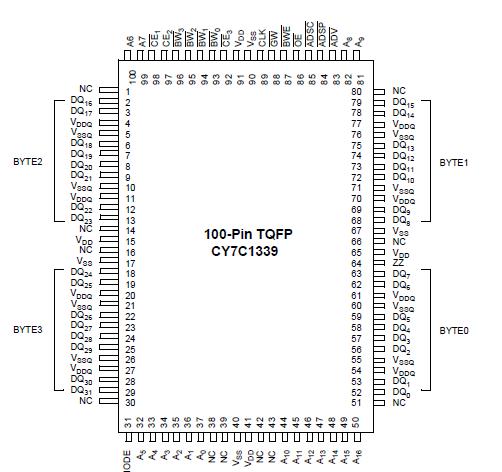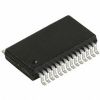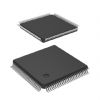CY7C1339: Features: • Supports 100-MHz bus for Pentium and PowerPC™ operations with zero wait states• Fully registered inputs and outputs for pipelined operation• 128K by 32 co...
floor Price/Ceiling Price
- Part Number:
- CY7C1339
- Supply Ability:
- 5000
Price Break
- Qty
- 1~5000
- Unit Price
- Negotiable
- Processing time
- 15 Days
SeekIC Buyer Protection PLUS - newly updated for 2013!
- Escrow Protection.
- Guaranteed refunds.
- Secure payments.
- Learn more >>
Month Sales
268 Transactions
Payment Methods
All payment methods are secure and covered by SeekIC Buyer Protection PLUS.

 CY7C1339 Data Sheet
CY7C1339 Data Sheet








